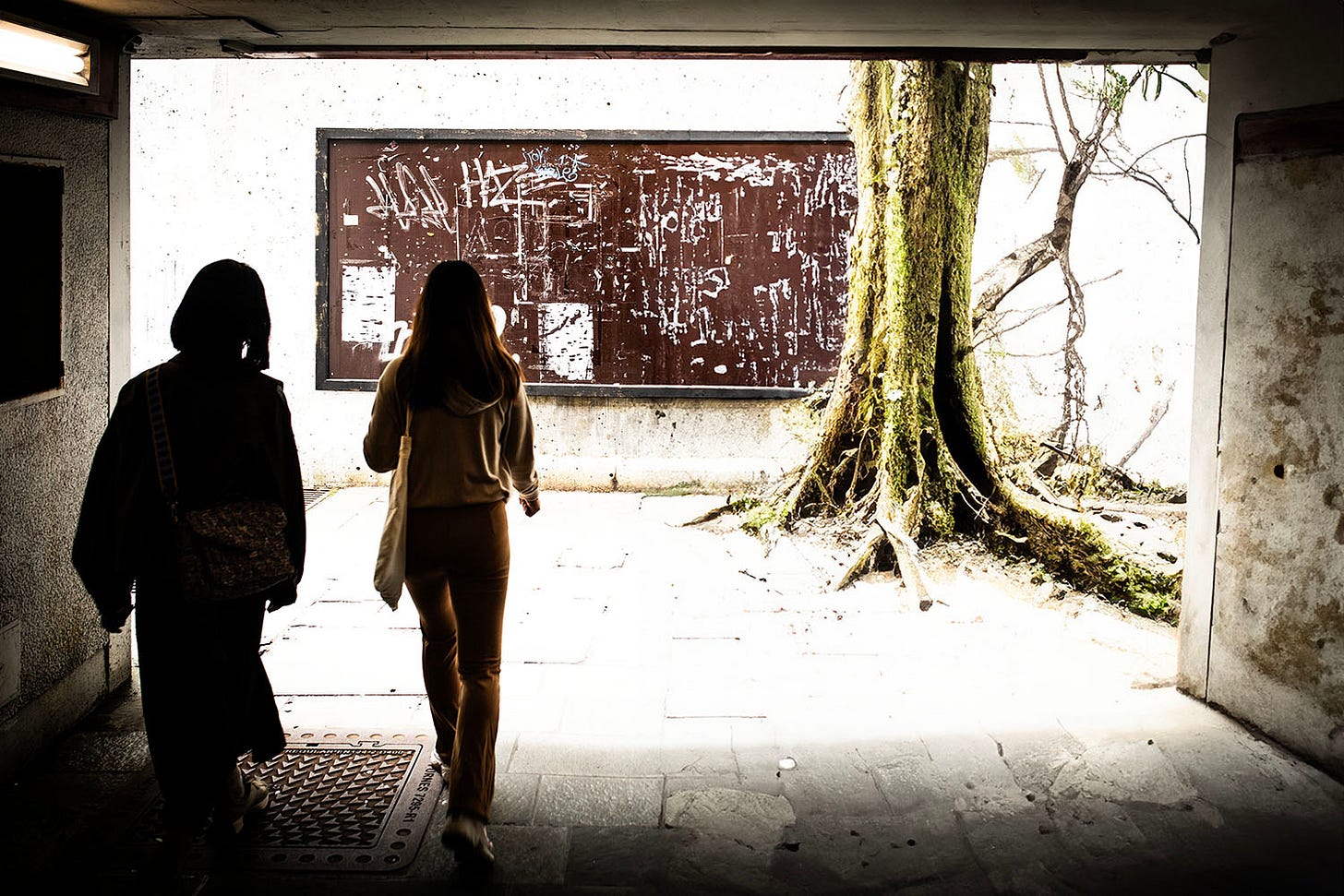Transformation and change
I’ve already written a brief framework for how people in a given society can gain a truly critical mindset, become truly independent beings. This is an extension of that.
There is the growing and more than accurate acknowledgement that modern human society needs vast changes on a fundamental level. It and its people cannot prevail without them, without a transformation and change far beyond superficial. We need a deep and lasting change, both how we think and perceive the world, and how we organize our societies.
Like I wrote in the framework, in several frameworks we need to learn critical thinking, need to be encouraged to become truly independent beings early on, in school and even kindergarten in order to make us far less susceptible to oppression, to propaganda and the brainwashing of a given society. That’s one part of it, the initial part. Then, we need to make it reality, need to keep fighting to make it so.
Civilization has shown itself to be untenable, totally unsustainable. Modern humans have killed sixty percent of all animals in just fifty years. We are destroying the world in so many ways, totally ruining the chances of our own survival. We clearly need to scale things down. All facts say we do.
There is a way to do that, and simultaneously make our lives truly great and fair, killing, or rather saving many birds with one stone, so to speak.
The following can be implemented in any society. In fact, it has been many times. Recent breakthroughs in technology have made it considerably easier to do it in our modern world as well, where humanity struggles hard to regain any connection with nature and with ourselves.
«Too many of us lack intimacy with the natural world and with our souls, and consequently we are doing untold damage to both». Bill Plotkin
Urban agriculture is becoming more and more common, and related developments with it. The Chinese are building an entire city with buildings coated in plants. The possible results and ramifications are staggering. There is vertical agriculture, the coating of the outside walls. There is horizontal, on rooftops and on balconies. Inside and outside can be used in equal measure.
Individuals and groups can grow their own food and not have to rely stores and distant, unreliable suppliers anymore. A system of exchanging food with others already in place on a smaller scale can be developed further, until transportation of food over vast distance becomes redundant. Modern transport is responsible for so much of the environmental damage. Eliminating/reducing the need for that is a win/win situation.
Another part of this is energy. Plants coating buildings are great isolation. Combined with sun-tiles on roofs and other benefits of urban agriculture, it can make individuals and groups totally independent of electricity-suppliers. Sun-tiles covering roofs are approximately the same price as ordinary tiles already, and are getting less expensive every day. It’s also considerably more robust than traditional covers. A house using solar panels can even produce more energy than it uses. Another win/win/win situation.
An extensive, true Green New Deal should not be resisted but embraced.
Yes, in addition to be environmental-friendly such a system should also promote, encourage and sustain local individuals and local groups’ true freedom and independence.
Centralizing, efficiency, bigger units have become core buzzwords in modern society. Everyone defending establishment think everything is better because it is bigger and closer to a central decision-making unit. Everything is measured in money. If it doesn’t turn a profit, it’s basically useless.
I think we should turn all that around and start returning decision-making and crucial services to small units, and that all crucial services should be a public concern. The privatization wave should be turned around. Private railroads, electricity supply and healthcare lead to far more expensive and far worse services. We’ve seen that demonstrated in many countries.
The simple idea is that everything needed for people to survive and thrive should be made at a local level.
People growing up in such places will learn early to be independent, self-sustainable. Every decision they make affects themselves and their community. The distance inherent in modern decision-making has always been a major problem. Local government with true power versus centralized government is clearly the way to go. It needs to be a sturdy but flexible system able to take hits and bumps on its path, one of cooperation, not competition, of compassion, not cruelty.


